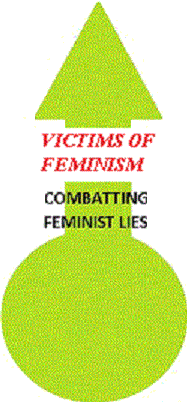Home > Issues > Race > The Minority Is Not Always Right |
||||||||||

|
Empowering Men:fighting feminist lies |
|||||||||
The Minority Is Not Always RightCopyright: Peter Zohrab 2001-5 |
||||||||||
Home > Issues > Race > The Minority Is Not Always Right |
||||||||||

|
Empowering Men:fighting feminist lies |
|||||||||
The Minority Is Not Always RightCopyright: Peter Zohrab 2001-5 |
||||||||||
| |
|||||||||
|
|||||||||
Top |